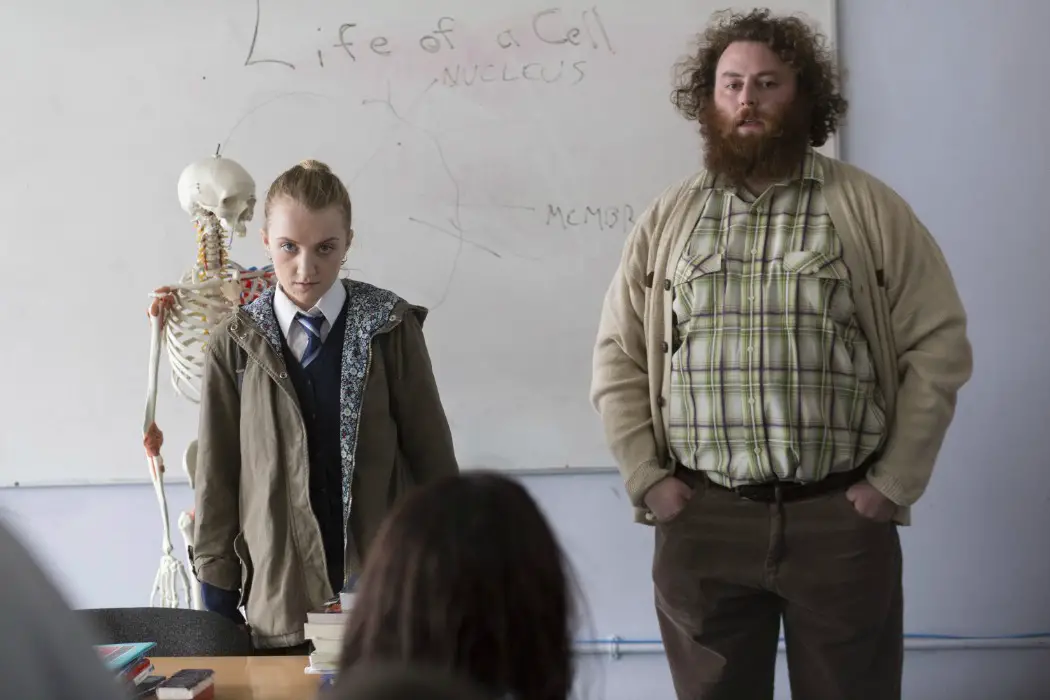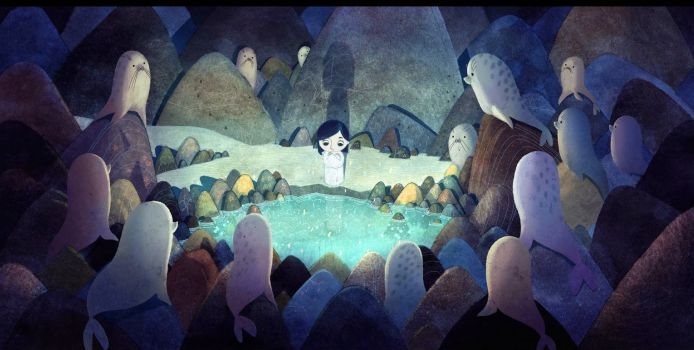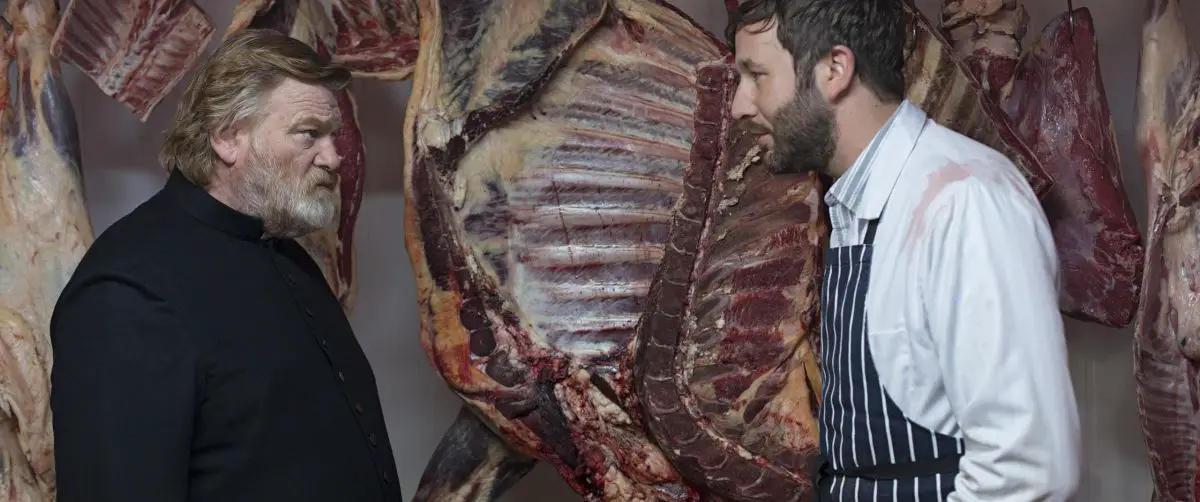Ireland
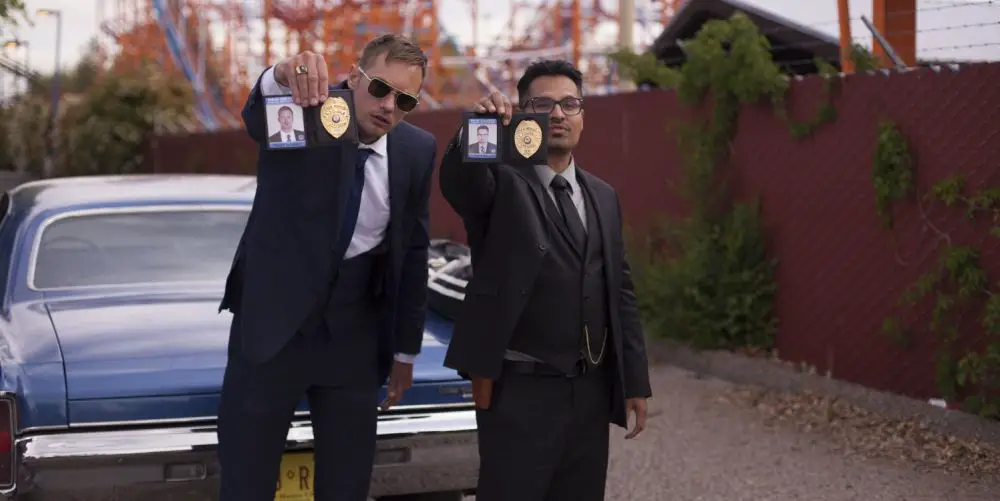
Thought the buddy cop movie formula was tired? Well, it is a cinematic breath of fresh air in comparison to the “bad cop” movie. These movies are tiresome depictions of lawmen (and make no mistake, they are always men) who break every rule in the book whilst trying to enforce it – and even though there have been solid entries into the genre in recent years, it can’t help but feel worn out.
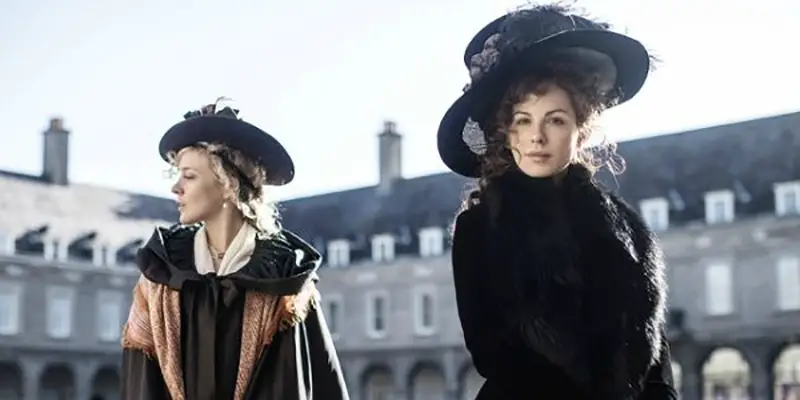
Whit Stillman’s adaption of Jane Austen’s relatively unknown novella, Lady Susan, follows the delightfully scandalous exploits of the recently widowed Lady Susan Vernon (Kate Beckinsale). Lady Susan is forced to leave the Manwaring family’s estate in the midst of adulterous allegations, instead taking up residence with her in-laws and their handsome young relative, Reginald DeCourcy (Xavier Samuel), whereby she attempts to marry off her long-suffering daughter and elevate her own social standing in the process. The ensuing events make for one of the most entertaining and joyfully witty Austen adaptations we have yet been treated to on screen.
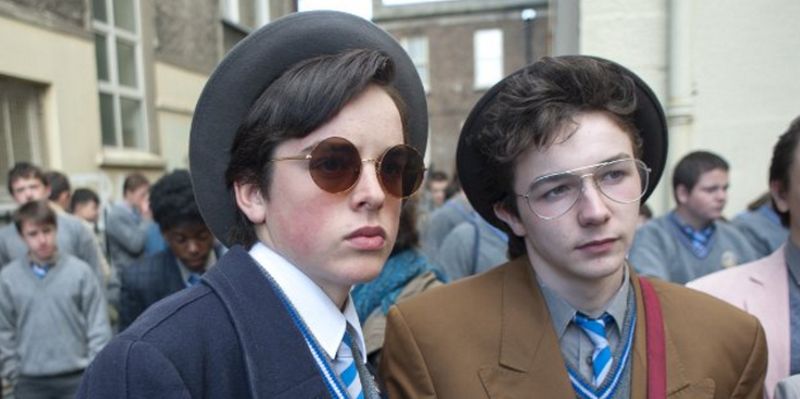
Director John Carney’s most beloved films are all about the idea of “authentic” music, with protagonists who are either singer-songwriters or bands all struggling to make a living when soulless pop is all that is keeping the music industry alive. His previous film Begin Again was about a struggling singer and a washed-up music producer making a concept album that laughed in the face of pop music’s obsession with inauthenticity. The characters were celebrated in the film, despite making an album of beige-sounding Starbucks music that seemed to ignore that rock’n’roll is so exciting because of its lack of authenticity.

There is a moment about halfway through Brooklyn when Saoirse Ronan’s character is shown as a distant speck in a giant field of green grass, as if lost amongst the lush vegetation. The moment comes soon after she has decided to go visit her mother in Ireland after a loss in the family; though not immediately apparent, it foreshadows her soon-to-come inner conflict, which will make her question where she truly belongs. Such a gorgeous and symbolic shot is representative of much of Brooklyn, which is far deeper than its relatively straightforward subject matter would imply.
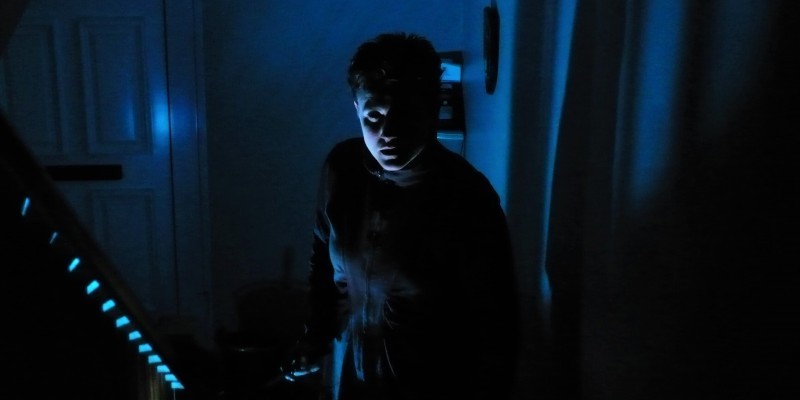
Sometimes watching a movie can feel like a duty. Maybe that’s because I take movies too seriously sometimes (okay, maybe all the time). But explaining why a movie fails is fraught with questions about my own expectations of a movie as they relate to the quagmire of unknowns about the creators’ intentions, let alone the practical budgetary constraints and other contingent aspects of an independent or studio production.



